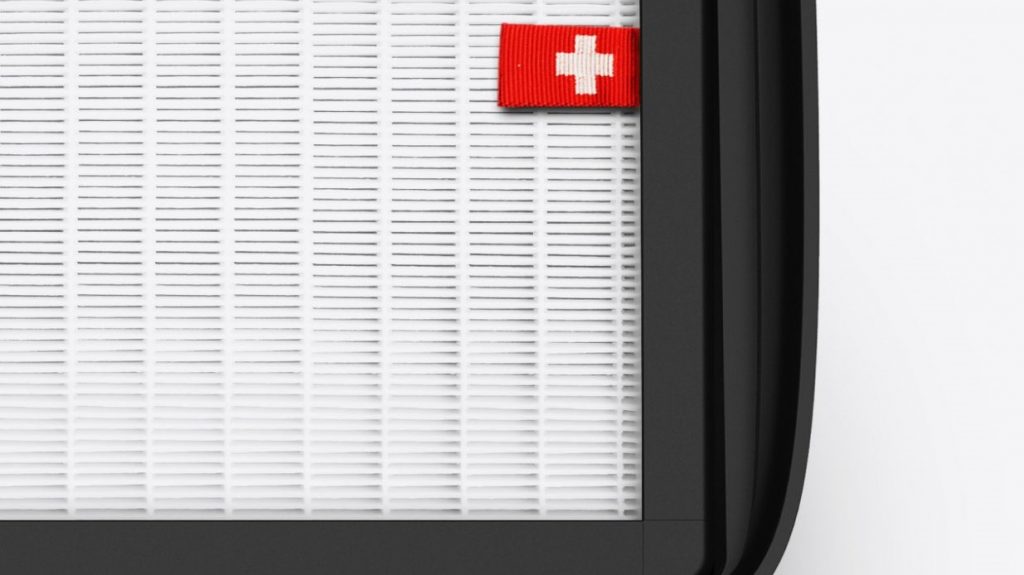Say goodbye to outdated HVAC systems, and hello to portable, pure HEPA-filtered air! This fresh innovation is taking over the market, and for good reason. It is the newest and cleanest method of reducing the amount of coronavirus particles in the air we breathe, something the entire globe has need for.
Never heard of the HEPA filter? Know someone still sceptical towards this revolutionary product? Continue reading to learn 5 good reasons to implement HEPA purification!
- HEPA filters have an amazing capacity in removing undesirable particles from the air. Some falsely claim the ability of the HEPA filter to be far more restricted than they actually are, however, the truth is that these filters have an outstanding ability to remove 99.97% of particles in the air, making them highly effective in targeting the particles that are harmful to our bodies. HEPA filters have been shown to capture particles as tiny as 0.1µm (microns), or 1/1000th of 1mm (millimetre), a range that targets coronavirus. This statistic has not been calculated lightly. In the face of a global pandemic, researchers are placing high priority on discovering means of reducing risk and have been thorough in the testing stages.
- Another benefit of the HEPA filter, is that it does not produce ozone where a UV-C or Ioniser always does. This is essential in an air filtration product as ozone can cause damage to the lungs and heighten the severity of respiratory conditions such as asthma. UV filters that do produce ozone compromise the effectiveness and safety of the product, making HEPA filters undeniably the best solution.
- As well as eliminating the emittance of ozone, the HEPA filter is highly energy efficient when compared with Ionisers or UV-C. Where UV-C and ionisation require long exposure times with air, HEPA filtration is as effective as you can pass the air through it. Furthermore, both UV and ionisation are harmful, despite some perceiving them as futuristic and revolutionary. UV is damaging to the skin and eyes, as well as being highly inefficient in energy usage. Ionisation methods release negative ions, creating heavy air as they attach themselves to positively charged particles. These drawbacks have the very same effect, similar to a bad thunderstorm for asthmatics.
- HEPA filters on the other hand, reduce the risk of asthma attacks. Asthma is a common illness, and, although treatable, is not to be taken lightly. Asthma attacks can be fatal; hence the ability to reduce the risk of attack is a definite benefit of the HEPA filter. The filter removes dust mites from the air as well as particles produced from mould, cats, dogs, rodents, or insects, significantly clearing the air of likely asthma triggers. The HEPA filter also presents itself as a solution for reducing smoke inhalation, another sure threat to asthmatics, as we approach the bushfire season.
- Lastly, the HEPA filters are a mechanical system, meaning there is no risk of air leakage from a quality system. Non-mechanical filters are often subject to leakage, air is fast to move through a UV-C system or ioniser where it needs several seconds of exposure. Furthermore, non-mechanical systems such as ionisation can quickly cause condensation. Wetness in an air filter can cause mould to grow, compromising their intended purpose.
Here at Westlab we are passionate about distributing as many of these potentially life-saving devices as we can. Please be in touch with our team to order yours today!
